How Is a Qubit in Quantum Computing Different from a Regular Bit in Classical Computing?
Quantum computing is an exhilarating field that holds enormous potential for revolutionizing how we process information. But how exactly does a quantum bit (or qubit) differ from a classical binary digit (bit)? This article takes you on a deep but easily accessible journey that how is a qubit in quantum computing different from a regular bit in classical computing?
What is the Fundamental Difference Between Qubits and Classical Bits?
Classical Bits
Classical bits are the backbone of classical computation. They are binary, meaning they can exist in one of two states: 0 or 1. Classical computers perform calculations using logic gates, manipulating these bits through Boolean operations.
Quantum Bits (Qubits)
A qubit, on the other hand, is far more versatile. It doesn’t just exist in a state of 0 or 1 but can be in a superposition of both. This ability to exist in multiple states simultaneously is where the magic of quantum computing begins.
How Does Superposition Set Qubits Apart from Classical Bits?
Superposition is one of the most defining characteristics of qubits. Imagine you have a spinning coin. While it is in the air, you can’t determine if it’s heads or tails; it’s as if it’s in both states simultaneously. Similarly, a qubit can be in a state that is a combination of |0⟩ and |1⟩, allowing for quantum parallelism, where multiple calculations can be performed at once.
Can You Explain Quantum Entanglement and How It Contrasts with Classical Bits?
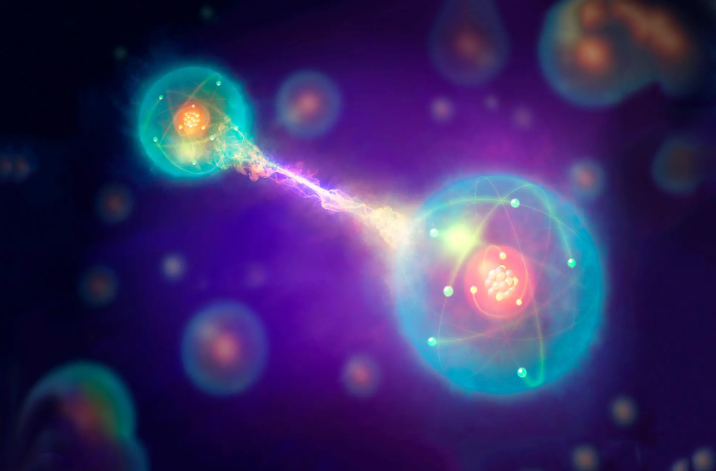
Entanglement is another awe-inspiring phenomenon unique to quantum computing. When qubits are entangled, the state of one qubit is directly correlated with the state of another, no matter the distance between them. This interconnectedness is unachievable in classical computing and leads to highly efficient algorithms in quantum systems.
Why Does Quantum Computing’s Use of Quantum States Make It So Powerful?
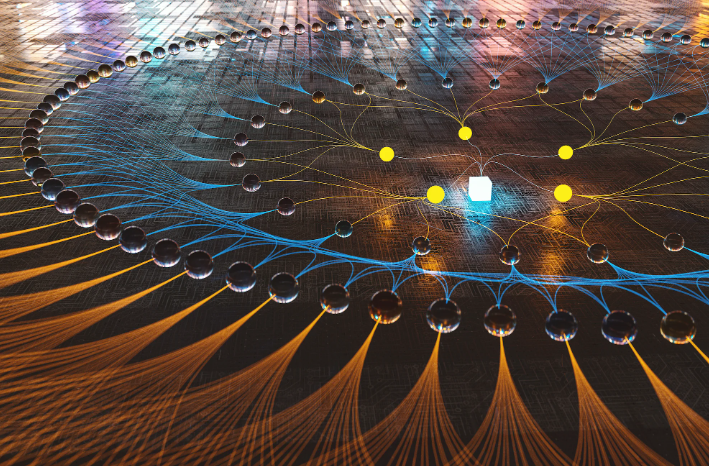
The utilization of quantum states and quantum gates amplifies computational power exponentially. While classical gates manipulate bits, quantum gates manipulate qubits through quantum mechanics principles, allowing for far more complex operations and algorithms.
What Advantages Does Quantum Parallelism Offer Over Classical Computation?
Quantum parallelism leverages the power of superposition to perform numerous calculations simultaneously. This leads to incredibly fast problem-solving capabilities, far outstripping classical computation, especially for specific complex problems.
How Do Quantum Gates Differ from Classical Logic Gates?
While classical logic gates perform operations on classical bits, quantum gates act on qubits, allowing them to change and entangle quantum states. This grants quantum computers the ability to tackle problems that are virtually impossible for classical computers.
Explain the Concept of Quantum Interference and Its Absence in Classical Computing?
Quantum interference is a distinctive aspect of quantum mechanics, playing a crucial role in quantum algorithms. When qubits are in superposition, they can interfere constructively or destructively, much like waves in physics. This interference pattern is vital in algorithms like Shor’s for factoring large numbers, a task impossible for classical computers.
What Kind of Information Theory Applies to Quantum Computing and Classical Computing?
Quantum information theory is the study of how quantum systems represent and manipulate information. Unlike classical information theory, which revolves around binary digits, quantum information theory involves qubits, superposition, entanglement, and quantum transformations. It underpins many powerful quantum algorithms and is a pioneering field in itself.
What Is the Concept of Qubit Manipulation and How It Contrasts with Bit Manipulation?
Bit manipulation in classical computing refers to the logical operations on bits. Qubit manipulation, however, includes operations that can alter the state, phase, and entanglement of qubits. Quantum gates perform these manipulations, which are essential for quantum error correction and implementing quantum algorithms.
What Are the Limitations of Classical Computation When Compared to Quantum Computation?
Classical computers are bound by what’s known as the “Church-Turing thesis,” where computations are done sequentially. Quantum computers defy this limitation with their parallelism, able to perform many calculations simultaneously. This gives them an edge in solving complex problems like optimization and simulations of quantum systems.
How Does Quantum Error Correction Differ from Error Correction in Classical Computing?
Quantum error correction is a unique challenge due to the fragile nature of qubits. Classical error correction uses techniques like parity checks, while quantum error correction employs more complex methods like stabilizer codes. These specialized methods are essential for maintaining qubit integrity during computations.
What Are the Implications of Quantum Computing for Cryptography Compared to Classical Methods?
Quantum computing’s ability to factor large numbers has implications for breaking widely-used cryptographic methods like RSA. However, it also introduces quantum key distribution (QKD), a way to create theoretically unbreakable encryption, contrasting with classical cryptographic techniques.
How Do Qubits in a Quantum Circuit Differ from Classical Bits in a Traditional Circuit?
While classical bits travel through electronic circuits, qubits operate within a quantum circuit, employing quantum gates and entanglement. This quantum environment allows for multi-state processing, unlike the binary processing in classical circuits.
How Does Measurement Collapse Distinguish Qubits from Classical Bits?
Measurement collapse refers to the phenomenon where a qubit’s superposition collapses to a definite state when measured. In classical bits, the measurement doesn’t affect the state, but in qubits, measurement alters the system, revealing information about the qubit’s state.
What Role Does Coherence Time Play in Quantum Computing, and How Is It Unique?
Coherence time represents how long a qubit can retain its quantum state. The longer the coherence time, the more complex computations can be performed. In classical computing, there’s no parallel to coherence time, making it a unique aspect of quantum systems.
Also Read: What Does Accenture Recommend Quantum Computing Early Adopters Do to Gain a Competitive Advantage?
Conclusion: A Brave New Quantum World
The differences between qubits and classical bits open up uncharted territories of computing. From superposition and entanglement to quantum gates and coherence, the quantum world is rich, intricate, and filled with possibilities.
The advent of quantum computing marks a new era, and it’s more than a technological advancement. It’s a leap into a future where problems once deemed intractable become solvable. Quantum computing is not just about qubits; it’s about reshaping our understanding of computation, information, and the universe itself.
In wrapping up this article, we aspire to have given you a comprehensive understanding of “How Is a Qubit in Quantum Computing Different from a Regular Bit in Classical Computing?” and its implications, arming you with the knowledge necessary to navigate this area successfully.
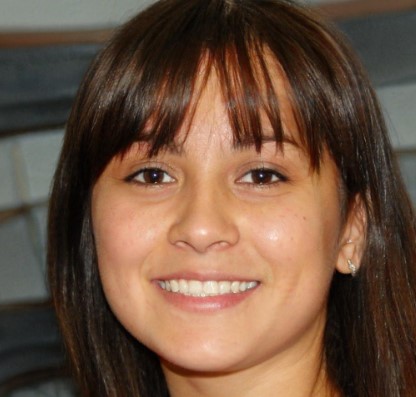
Blogger extraordinaire and wordsmith extraordinaire. She weaves captivating tales with her pen and enthralls readers with her insightful blog posts. Join her on a literary journey filled with wit, wisdom, and a dash of whimsy. Prepare to be spellbound!



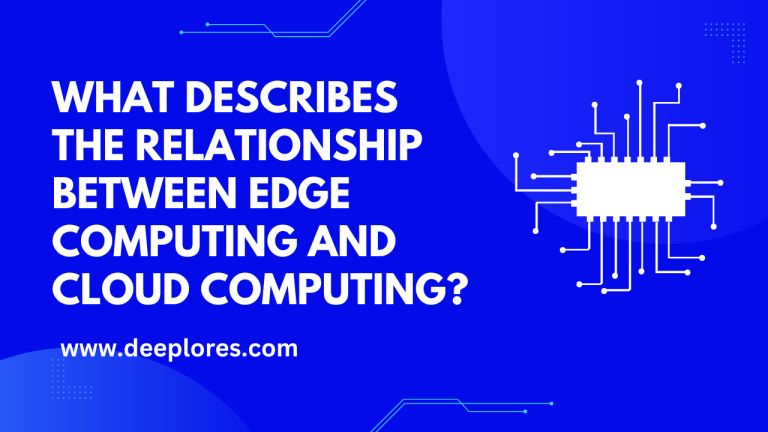

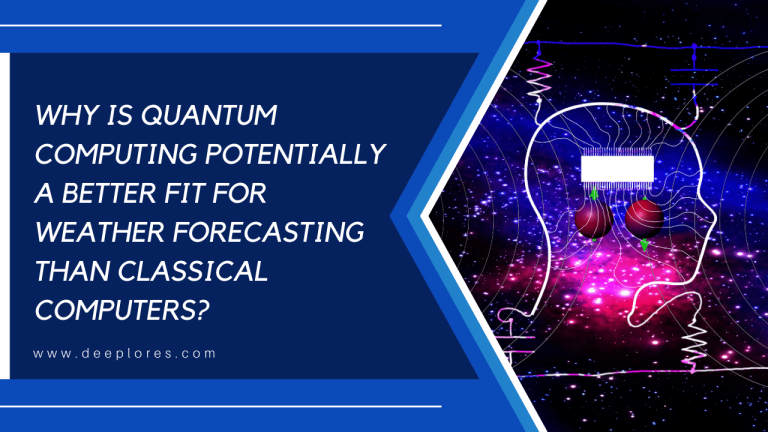
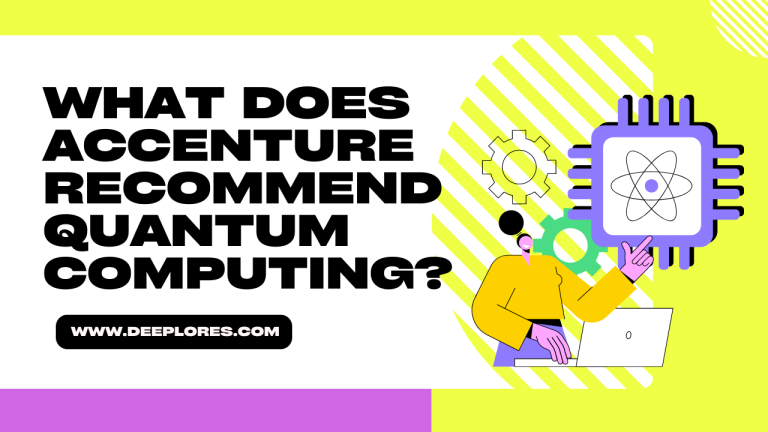
![Open Source Quantum Computing Training [Know About Latest Learning Resources] 18 Open Source Quantum Computing Training](https://deeplores.com/wp-content/uploads/2023/08/Open-Source-Quantum-Computing-Training-768x432.png)